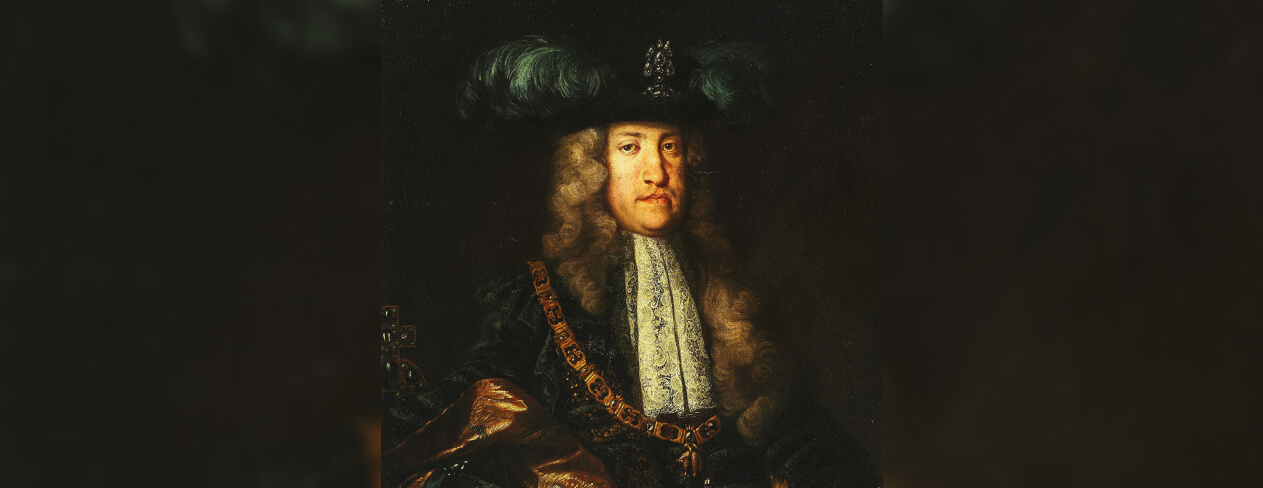
Emperor Charles VI was born on 1 October 1685. He was the second son of Emperor Leopold I from his third marriage to Eleonora Magdalena of Neuburg, and the younger brother of the future Emperor Joseph I.
Most of Charles’s youth was spent in the struggle over the Spanish succession. When the last Spanish Habsburg, Carlos II, died childless in 1700, he named the French Bourbons as his heirs. Such a shift in the European balance of power was unacceptable to Great Britain, the Netherlands, and, of course, the Austrian Habsburgs, who put forward young Archduke Charles as the rightful King of Spain. The allies achieved notable victories against France but were unable to secure a decisive advantage. The situation changed dramatically when Emperor Joseph I died unexpectedly in 1711, leaving Charles as heir to the Imperial throne. For the allies, the prospect of uniting Spain, Austria, and the Empire under one ruler was intolerable. They withdrew their support, and Charles was forced — much against his will — to abandon any hope of wearing the Spanish crown.
Instead, he became Holy Roman Emperor and, through his marriage to Elisabeth Christine of Brunswick-Wolfenbüttel, the father of Maria Theresa. Stiff and indecisive, Charles VI is not remembered as a great ruler. Yet he was a dignified and educated monarch with wide-ranging interests, who eagerly supported the arts, music, and theatre, thus continuing his predecessors’ efforts to make Vienna a cultural centre of Europe.
Access to the Metatext via placing an order for an augmented product. See Terms of Use